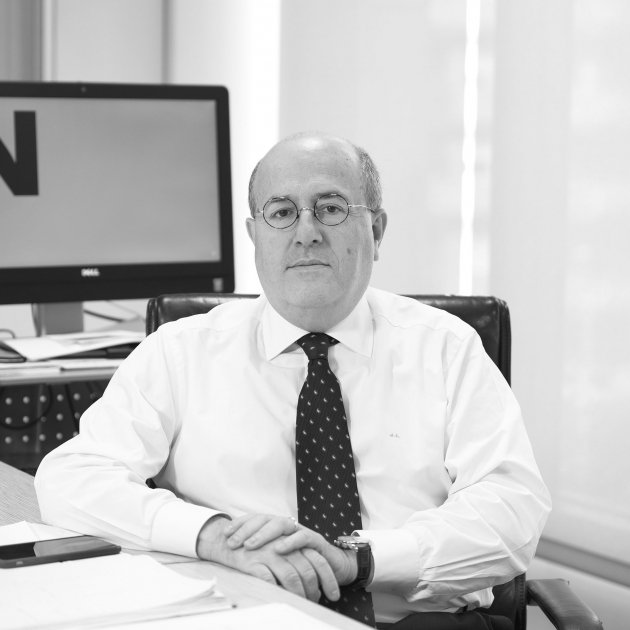With the first two weeks of the Catalan independence trial behind us, we can now make a very preliminary initial analysis of the proceedings in the Supreme Court, having heard the testimonies of seven of the nine political prisoners in preventative jail, as well as those of the three other members of the Catalan Government charged and on bail. It is quite obvious from what has happened up till now that, after six court sessions, the rebellion charges seem further away than ever, the misuse of funds has still not been demonstrated, and even the disobedience remains in the air. Both the Public Prosecutors and the State Solicitor have hit a brick wall in their attempts to drive ahead with a narrative which is known to be false and which only unionist politics and Spanish nationalist media have been clinging to against the odds.
Was this the trial that was wanted by judges, political parties that voted for article 155 and others? Obviously not. Of those people in legal spheres that I've spoken to in this last fortnight, I haven't managed to find anyone with the perception that the trial is going well for those who pressed on regardless with the scandalous preventative detention and the demands for heavy sentences for the Catalan prisoners. This is so clear that a phrase uttered by king Felipe VI on claimed democracies and compliance with the law has been quickly interpreted as a subtle hint to the judges that they should not be moved by the lack of any evidence of guilt.
This strengthens the argument that the trial is intended, above all, to teach a lesson to the independence movement and that the defendants must not be let off with minor sentences. International observers have already realized how weak the prosecution cases are. A cartoon in The New York Times gives a perfect visual summary of what other media have expressed in words. Oriol Junqueras is seen with a small Catalan estelada flag in his hand telling the judges, "I don't recognize your independence," and the three justices behind their courtroom bench are flanked by two large Spanish flags.
In view of how the trial has unfolded over these two weeks, the State has implemented the best strategy it had: turning off the broadcasts in Spain that allowed the public to follow the trial live on television. Thus, the only truth that reaches them is that transmitted by the written press, the radio and TV news programmes. And in this way the Casados, Riveras, Borrells, Sánchezs and so many others can distort the truth. As we already know, the first casualty in a conflict is the freedom of information.
